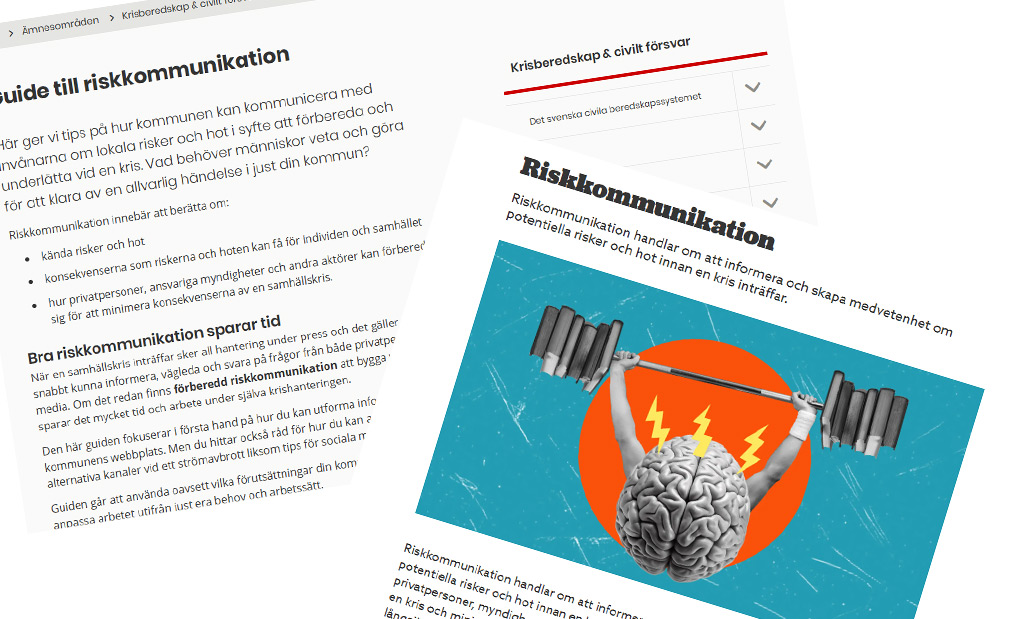Government outsourcing - a coin with two sides

Photo by Petr Macháček on Unsplash
“To make or to buy” is not just a question for companies wanting to save cost and time, but also a question for many government agencies. There seems to be a trend of increasing outsourcing by government agencies. In 2009, government outsourcing amounts to on average 10% of GDP in OECD member countries. More recently, we even hear about the discussion of Sweden potentially “outsourcing prisoners” to other countries.
For the sake of discussion in the remaining of this blog post, by ‘government outsourcing’ I mean government agencies contractually assign somebody (individual or firm) outside one’s own organisation to undertake a task or perform a function.
So what are the reasons or advantages of government outsourcing?
First, as the world is changing ever more rapidly, government agencies are dealing with more and more tasks, and those tasks also become more and more complex. Not all of those tasks fall into the traditional capability and structure of the agencies. Plus, they face increasing pressure to deliver quality service at the lowest price possible. So they need help, and thus outsource some of the tasks to external actors such as private consultants.
This is based on the assumption that consultants are experts in the areas they work in. So they have both the knowledge and capacity to accomplish specialized tasks outsourced to them in a more effective and efficient way, as compared to existing staff trying to do it themselves.
It is also believed that outsourcing tasks to external consultants may allow government agency to focus their own capability and resources on their core assignment – be it to stimulate innovation, boost economic and sustainable development, or governing immigration issues etc.
BUT, a coin always has two sides. The disadvantages of government outsourcing is related to the issues of the 1) capacity, 2) accountability and 3) adaptability of the government agencies.
- The more you outsource, the less you are likely to continuously develop internal capacity to handle tasks and tackle new challenges.
- The greater the extent you outsource, the harder it is to keep track and the more difficult it is to be accountable – both to be accountable to the general public and to hold the sub-contractors (who knows how many tiers) accountable.
- The more you lose internal capacity and accountability, the more difficult it would be to adapt to changes (sometime rather abrupt changes such as those brought by COVID), in order to serve one’s own function and the general public who pay taxes.
- A vicious cycle can be set in motion just like that. So, it may potentially lead to very negative, un-intended consequences, and mal-functioning governance.
Just to give an example. Many of us may still recall the Swedish Transport Agency’s IT Scandal back in 2015: with the Agency outsourced its hardware, networking and application services to IMB, personal data was leaked to IMB’s subcontractors who could access the data without security clearance.
In the UK – where I am currently doing my research stay, it is argued that “Britain’s public sector is paying the price for the government’s (outsourcing to) consultancy habit” (see article in The Guardian), with the country’s government being second only to the US leadership in outsourcing its delivery of services to third party organisations – yet there was “little awareness not just among the public, but also politicians and civil servants, about what these companies actually do.”
This blog post is not to reject the idea and practice of government outsourcing. Rather, it is to raise critical thinking around it, particularly of what, how, to what extent, and why government outsourcing is to be performed.
See a TV interview on this post below:
Contact
Detta är en bloggtext. Det är skribenten som står för åsikterna som förs fram i texten, inte Jönköping University.





